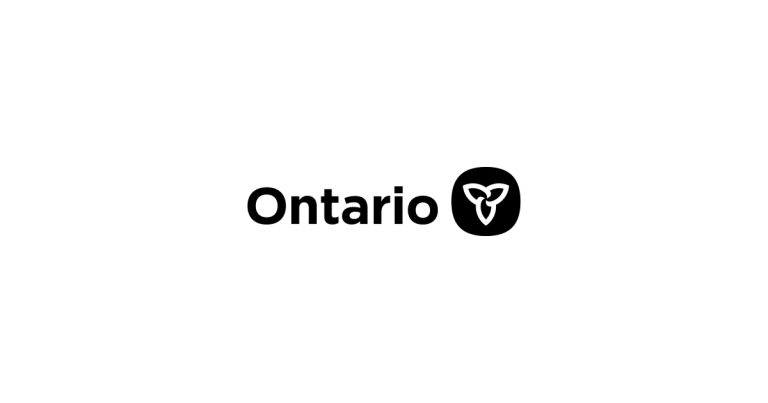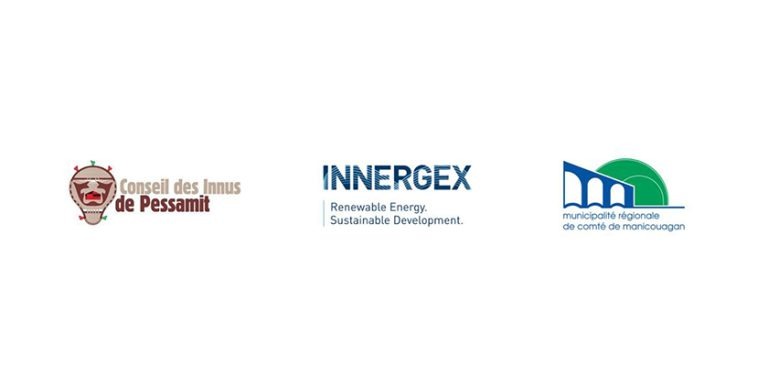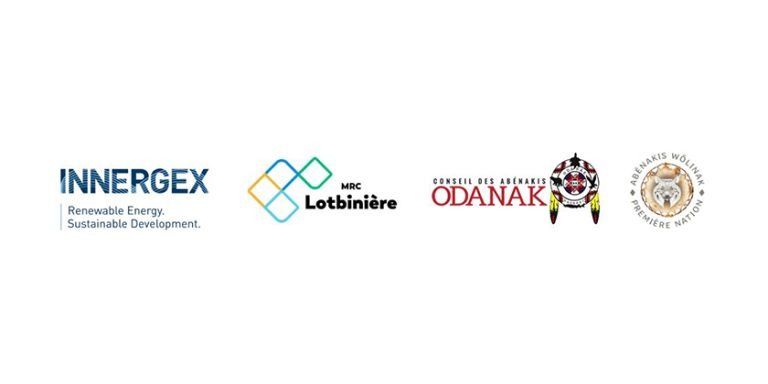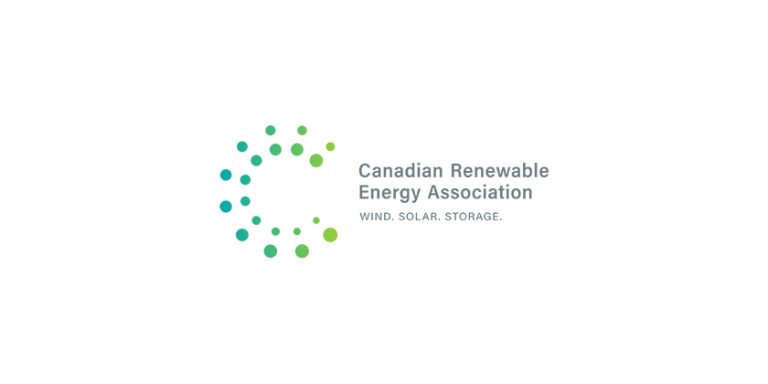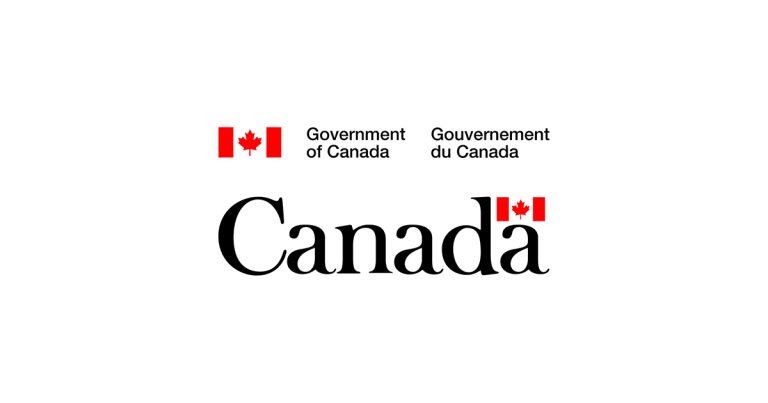Federal Government Removing Consumer Carbon Price, Effective April 1, 2025

March 25, 2025
The Government of Canada has made regulations that cease the application of the federal fuel charge, effective April 1, 2025, and is also removing requirements for provinces and territories to have a consumer-facing carbon price as of that date. These actions refocus federal carbon pollution pricing standards on ensuring carbon pricing systems are in place across Canada on a broad range of greenhouse gas emissions from industry. A price on pollution for large emitters will continue to be a pillar of Canada’s plan to build a strong economy and greener future. It is a system that is fair and effective. Industrial carbon pricing is one of the most important greenhouse gas emission reduction policies in the government’s comprehensive Emissions Reduction Plan to bend the curve and meet Canada’s 2030 greenhouse gas emissions reduction target. Carbon pricing systems for industry are also designed to keep costs low to protect against competitiveness risks.
This backgrounder provides details on how removing the consumer carbon price will work and on how the proceeds return mechanisms (including the Canada Carbon Rebate) will be wound down.
Ceasing the Application of the Federal Fuel Charge
The federal fuel charge currently applies in Newfoundland and Labrador, Prince Edward Island, Nova Scotia, New Brunswick, Ontario, Manitoba, Saskatchewan, Alberta, Nunavut and Yukon (referred to as listed provinces). Under the Greenhouse Gas Pollution Pricing Act, the fuel charge generally applies to 21 fossil fuels and combustible waste upon delivery, importation or use in listed provinces.
The federal government removed the fuel charge, effective April 1, 2025, via regulations. It will also be considering broader amendments to the Greenhouse Gas Pollution Pricing Act, including proposed amendments to complete the orderly wind-down of the fuel charge.
After March 31, 2025, the applicable fuel charge rates for all types of fuel and for combustible waste will be set to zero. Therefore, beginning on April 1, 2025, the fuel charge ceases to apply.
The regulations will also cease the application of certain administrative requirements that are no longer necessary. Specifically:
- After March 31, 2025, requirements for registered emitters subject to a provincial output-based performance standards system to provide certain information in respect of changes to their facilities to the Minister of Environment and Climate Change will cease to apply. After September 30, 2025, all residual requirements in respect of those registered emitters will cease to apply.
- After March 31, 2025, no persons will be required to newly register in respect of any category or any type of fuel. All existing registrations will be cancelled on November 1, 2025.
- For reporting periods beginning after March 31, 2025, there will be no requirement to file a return if no positive amount of fuel charge is payable.
The regulations do not affect obligations for reporting periods prior to April 1, 2025. Fuel charge payers are still required to pay amounts owed, continue to be able to claim rebates to which they are entitled, and are subject to assessments and re-assessments in respect of past reporting periods.
Canada Carbon Rebate
The Canada Carbon Rebate was introduced to return direct proceeds from the federal fuel charge to residents of provinces where it applied. With the removal of the federal fuel charge effective April 1, 2025, eligible Canadians will receive a final Canada Carbon Rebate payment, starting April 22.
In provinces where the federal fuel charge currently applies, a family of four will receive up to $456 under the base Canada Carbon Rebate for April 2025 (see table below for specified amounts by province). In addition to the base rebate amounts, a rural top-up of 20 per cent is provided for individuals residing in small and rural communities.
To receive their Canada Carbon Rebate for April 2025, Canadians need to file their 2024 tax return. For Canadians who are registered for direct deposit with the Canada Revenue Agency, the Canada Carbon Rebate will be deposited directly into their bank account; otherwise, the Canada Carbon Rebate will be delivered via cheque. For those who have a spouse or common-law partner, the person who files their tax return first will receive the Canada Carbon Rebate amount for all members of the household, including children.



